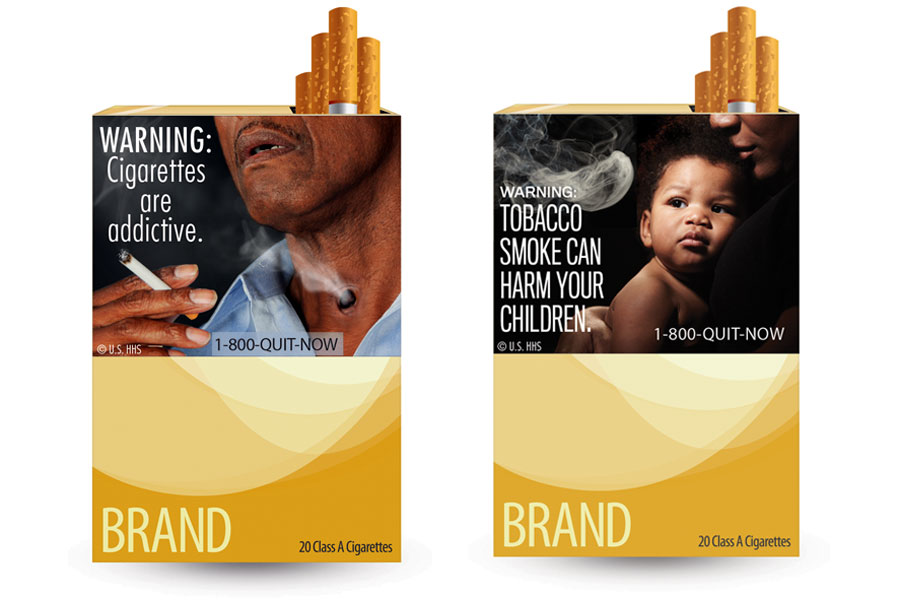
The Supreme Court of the United States has agreed to consider another case involving federal approval of vapes at the request of the Biden administration on Friday.
The case arose after the Food and Drug Administration denied R.J. Reynolds Vapor Company’s request to introduce three flavored vapes on the market. The FDA said the company failed to meet federal requirements concerning tobacco products’ marketing, but the company contends that the decision was arbitrary and capricious.
Reynolds is based in North Carolina, and the federal appeals courts located there and in D.C. already had precedent on the books unfavorable to the manufacturer.
Under federal law, companies can challenge the FDA denying of a marketing order for a new tobacco product in Washington, D.C., or where the company’s principal place of business is located, reports The Hill.
The 5th U.S. Circuit Court of Appeals has been more sympathetic to the industry, making it an attractive place for companies to contest their products being denied.
The 5th Circuit’s rule effectively enables it to host any tobacco company’s challenge, so long as its lawsuit is joined by a convenience store or other retail seller within the 5th Circuit’s borders—which span Louisiana, Mississippi and Texas.
Reynolds instead filed its challenge in the 5th Circuit alongside Avail Vapor Texas and the Mississippi Petroleum Marketers and Convenience Stores Association. The federal government attempted to move venues, but the 5th Circuit said the additional challengers meant the case was properly brought.
No matter which way the justices rule, they are not expected to address the merits of the FDA’s denial. The Supreme Court only took up the question of whether the 5th Circuit was a proper venue.
“There is no circuit conflict over the meaning of this venue provision. And other vehicle problems abound,” the company wrote in court filings urging the justices to turn away the appeal.








